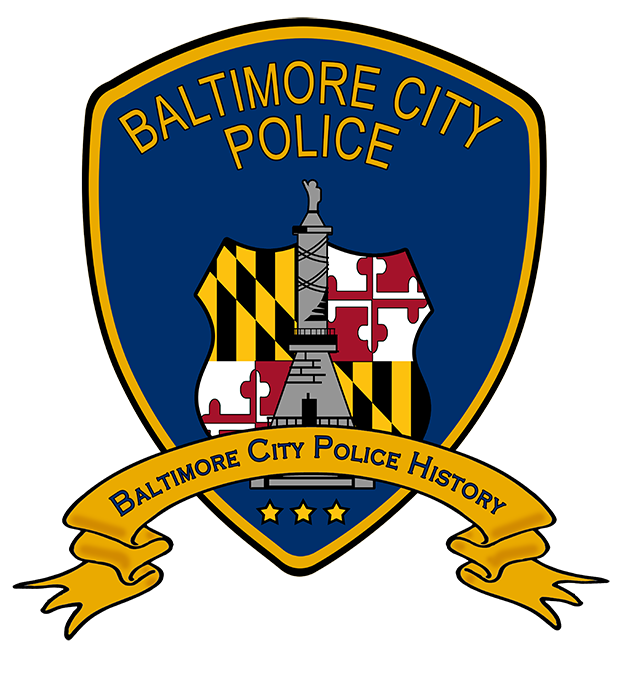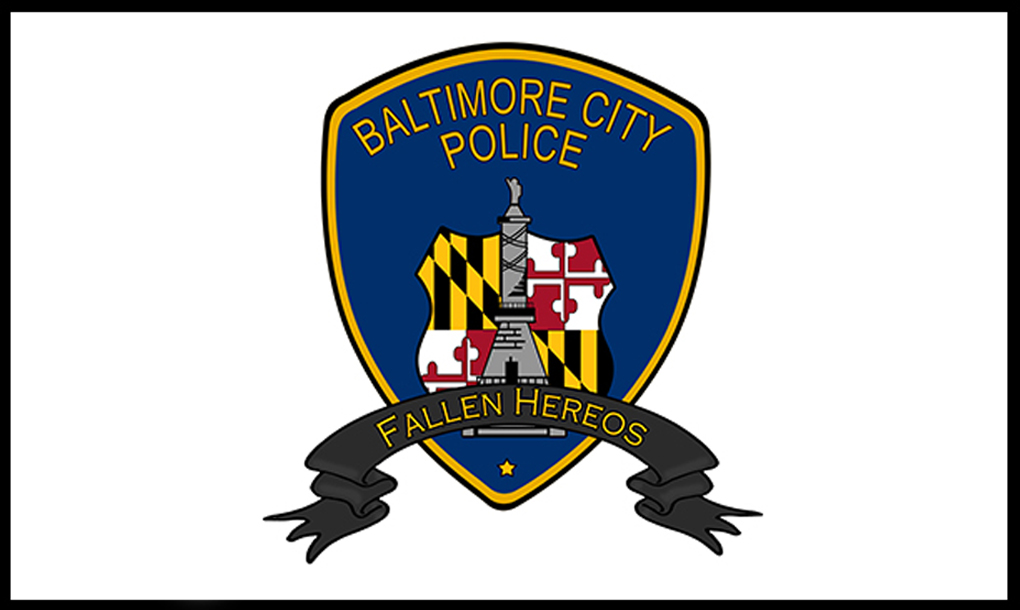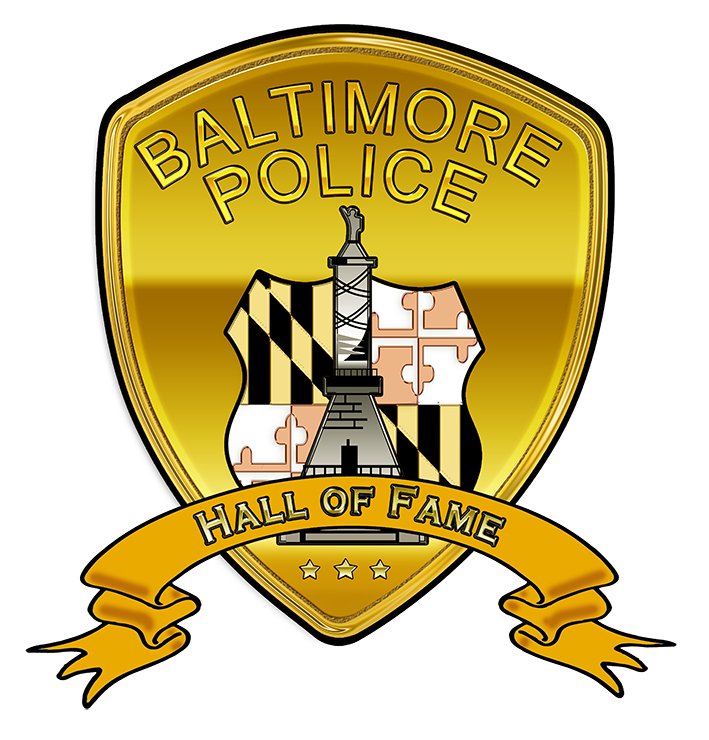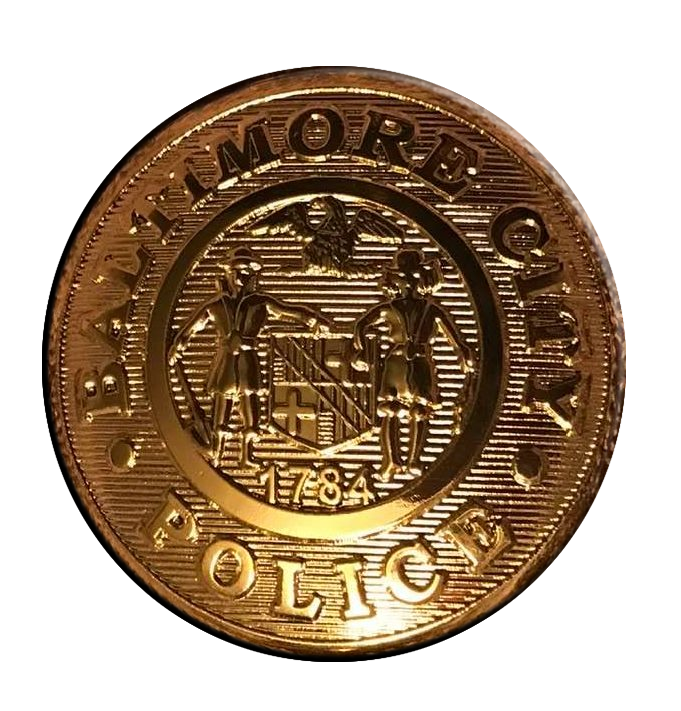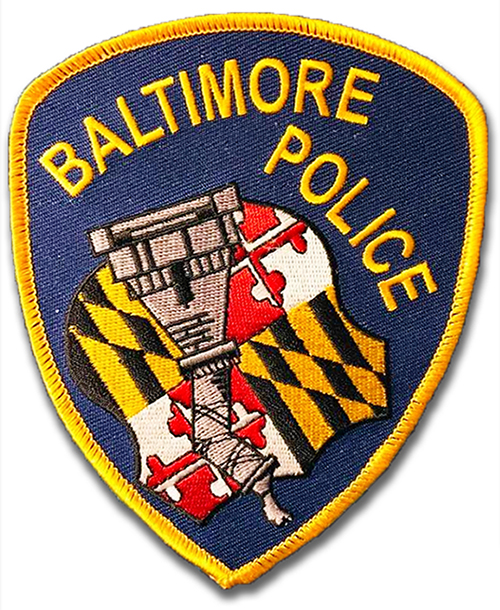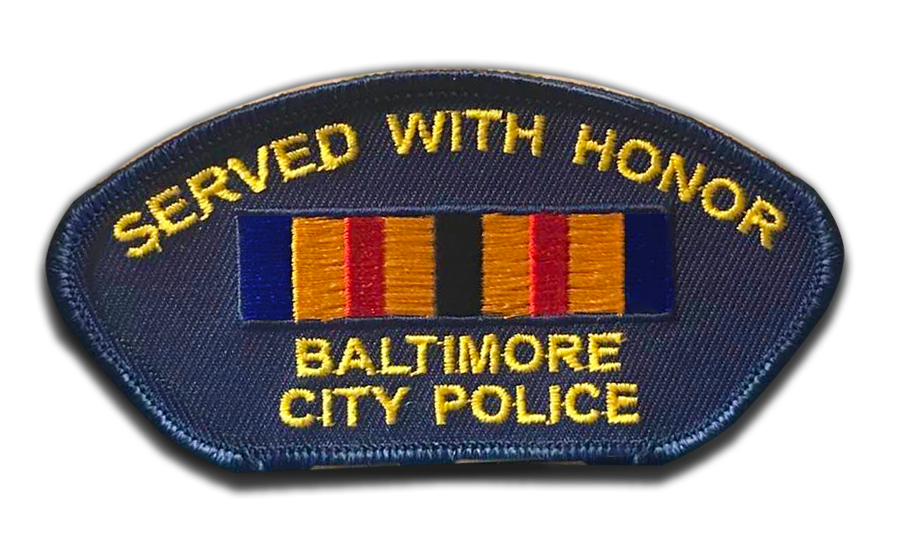On this day in Baltimore Police History, 1 December 1973, we lost our brother Detective Wiley M. Owens, Jr., to poisoning, based on the following news articles:
Tests being made to determine if police officer in secret unit died of poisoning
13 December 1973
Medical authorities are conducting extensive test to determine whether a city police officer assigned to investigate organized crime and radical organizations died of poisoning one December 1, 1973, according to the state medical examiner’s office, These chemical tests are being made in the wake of the death of police officer Wiley M Owens Junior, 31, of the 1900 block of E. 30th St.
This doctor thought that the officer might have died of arsenic poisoning, which is what prompted the tests. Arsenic has since been ruled out. However, police officials have been reluctant to discuss the case until they have full test results, which are expected early next week. However, Dennis S. Hill, the city police information chief, confirmed an “investigation has been underway since he [Detective Mr. Owens] was admitted to the hospital.”
A detective, who had been in the super secret Inspectional Services division for the past year but whose specific assignment has not been revealed, was admitted to Union Memorial Hospital on 25 November, 1973.
According to an assistant medical examiner, the detective went into a coma the day after his admission. An extensive test failed to diagnose his illness, and he died the following Saturday without recovering consciousness.
The detective’s wife, Thelma Owens, to whom he was married for 13 years, was reluctant to discuss her husband’s death: “We don’t know anything; I can’t tell you anything until they tell us something.” She said, “He really didn’t like to talk about his work, not with anybody.”
An assistant medical examiner said yesterday that, while testing conducted so far has ruled out arsenic poisoning, other tests are being made to detect the possibility of some other chemical poisonings.
The medical examiner cautioned, however, that it might be impossible to ever detect the cause of the detective’s death. He pointed out that if the officer indeed died of poisoning or a drug overdose, Chemical changes in his body might have destroyed any evidence of the foreign substance in his blood. Tissue or liver.
Before joining the Baltimore police, Detective Ellen’s spent several years with the Special Forces in the Army. He was married and the father of three children
 Crime Prober Poisoned
Crime Prober Poisoned
27 February 1974
Anti-freeze Ingredient
Tied to December I Death
A city police officer assigned to investigate organized crime who died on December 1 was poisoned, an assistant state medical examiner confirmed yesterday.
Dr. William S. Medart said that Officer Wiley M. Owens, Jr., 31, died after consuming ethylene glycol, an active ingredient in antifreeze.
The police department is conducting an investigation into the death to determine if the poisoning was accidental, suicide, or homicide. Dennis S. Hill, a police spokesman, said homicide detectives have not "ruled out any of the three possibilities." Odorless and colorless.
Officer Owens, who had been assigned to the super-secret Inspectional Services Division for the past year but whose specific assignment has not been revealed, was admitted to Union Memorial Hospital on November 25. The policeman went into a coma the next day. He died the following Saturday without gaining consciousness after extensive tests failed to reveal the nature of his illness, according to another assistant medical examiner.
The poison, which is odorless and colorless, could be given to a victim in a glass of water or mixed drink without his knowledge, Dr. Medart said. He added that the poison enters the bloodstream and causes kidney failure.
12 hours, the victim will go into a coma. After the original · autopsy, medical examiners "99 percent sure that he had been poisoned," samples of the officer's kidneys were sent to the Armed Forces Pathological Laboratory in Washington. The findings were returned this week, he said.
"Our investigation is continuing,"
Mr. Hill said "We've talked to all types of people. We're conducting a thorough investigation. "There have been some rumors that his death may have had something · to do with his work," Mr. Hill added, but police have been unable to substantiate that.
He predicted that the investigation would take at least "several more weeks." In 1972, Officer Owens was the main witness against Jackson Pennington, a lawyer who was convicted of offering the policeman a $100 bribe to give false testimony in a drunken driving case.
Before joining the department, Officer Owens spent several years with the Special Forces. He was the father of three children.

A suit by police widow remanded to city court
13 November 1976
Remanded to City Court
Annapolis-The Court of Special Appeals yesterday sent back to the Baltimore Superior Court a suit by the widow of a Baltimore city police officer who has been trying to get records on her husband's death from the department.
Wiley M. Owens, Jr., a detective with the department's secret Inspectional Services Division, died in December 1973 after consuming ethylene glycol, an active ingredient in antifreeze.
Although medical examiners at first said the death was most probably a homicide, an investigation by the Police Department ruled that the death was not murder and was not in the line of duty.
But Thelma J. Owens, his widow, demanded records from the department on the investigation, claiming that her husband had feared there was a "contract" in his life.
Mrs. Owens has been trying to claim special death benefits from the board of trustees of the Fire and Police Employee Retirement System, and the board, at her lawyer's request, also went after the police records.
But the department has steadfastly refused to release the information, claiming there was no "imperative duty" to disclose the records and that such action was not in the public interest.
Millard S. Rubenstein, the assistant attorney general representing the police commissioner, said that the city state's attorney had been involved in the investigation and had found nothing that would lead to an indictment.
Mrs. Owens took her efforts to the city Superior Court, but Judge Shirley B. Jones technically upheld the Police Department's position with a ruling on a preliminary motion.
In remanding the case, the appeals court held that a decision on the matter should be based on Maryland's 1970 Public Information Act, which calls for general disclosure of public records with exceptions only when disclosure would be against the public interest.
The initial petition by Mrs. Owens did not seek the information under that law, though the matter was raised on appeal.
In most cases, arguments on appeal can only be those made on the lower court level, but a Maryland rule permits a remand on other issues when the "purposes of justice will be advanced by permitting further proceedings."
The court's ruling allows Mrs. Owens to amend her petition to allege an action under the public information law.

More details

